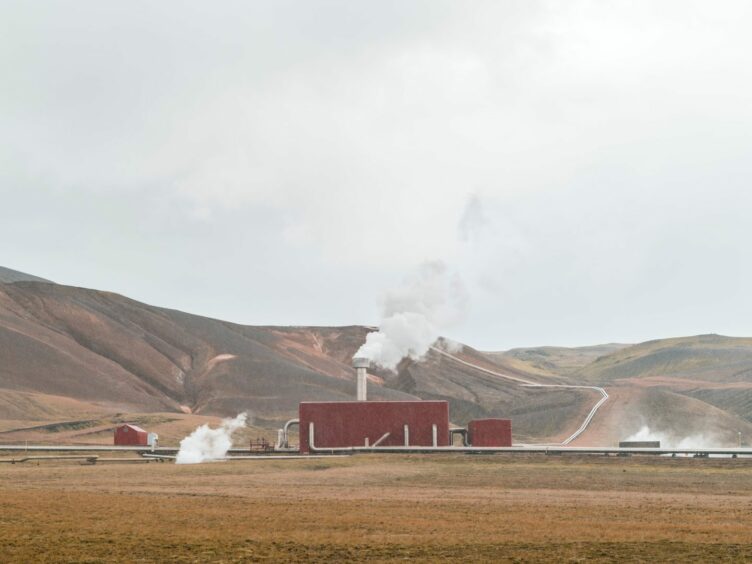 © Supplied by Usplash/Tommy Kwak
© Supplied by Usplash/Tommy Kwak The pace at which the newly elected Labour government has moved to establish Great British (GB) Energy via £8.3 billion of funding should be commended.
If it is successful, this state-owned operator can speed up the development of new, less mature technologies, by reducing the cost of capital in high-risk projects.
GB Energy has the potential to play a pivotal role in the energy transition.
GB Energy will attract private sector investors and kick-start funding to advance new technologies in the UK, such as floating offshore wind, tidal power, and low-carbon hydrogen.
This, impressive as it sounds, is however mostly about power generation. Heat, the difficult to decarbonise area of energy consumption, is largely forgotten.
44% of the UK’s energy demand is for heating homes and other buildings, which account for 37% of the UK’s greenhouse gas emissions. In Britain, there is a significant demand for large scale, low carbon, reliable and indigenous heat.
In solving the decarbonisation of heat problem, there is a crucial missing component to GB Energy’s current mix – geothermal energy. It can play a central role in achieving the government’s ambitions to shift away from fossil fuels and provide long-term, large-scale heating and cooling.
Harnessing the heat right beneath our feet
Geothermal energy is a clean and renewable source of energy that utilises the heat generated from the Earth’s core.
It has been a source of energy for centuries with the world’s oldest system developed during the 14th century in France. It has been safely deployed in urban and suburban areas across Europe, in Germany, France, Italy and the Netherlands for decades.
However, the UK is yet to adopt this proven technology as it weans itself off decades of cheap North Sea gas.
Unlike other forms of renewable energy, such as solar or wind, geothermal energy is available 24/7, making it a reliable and consistent source of heat.
Geothermal energy must be a key part of the solution to decarbonise the UK’s heat provision.
It is not grid-dependent, requires minimal surface infrastructure and once running it is a consistent renewable source that can be used for both heating and cooling.
The skills needed to develop the geothermal industry already sit within the oil and gas industry in the UK – this could be a real “just transition” for oil and gas workers to a green technology that is proximal in terms of skill set.
Investing in geothermal energy offers significant economic and environmental benefits that align with the Government’s objectives, stimulating economic growth regionally and nationally through job creation.
Germany’s use of geothermal heat reduced the country’s emissions by more than 1.7 million metric tonnes of CO2 equivalent in 2017 and has added €13.3b to the German economy since 2000.
In Britain, there is a significant opportunity to decarbonise the public estate, in particular NHS hospitals that have high, predictable and continuous heating requirements.
Geothermal projects at the 30 hospital sites with the highest heat demand could save emissions of 281,000 tonnes of CO2 equivalent per year, which equates to 12% of emissions savings.
Star Energy has already started feasibility studies at two hospitals, Wythenshawe and Salisbury.
The idea of GB Energy is an exciting one. Star Energy is ready to work with the government to demonstrate the value of geothermal energy, the non-weather dependant, low carbon energy solution beneath our feet.

